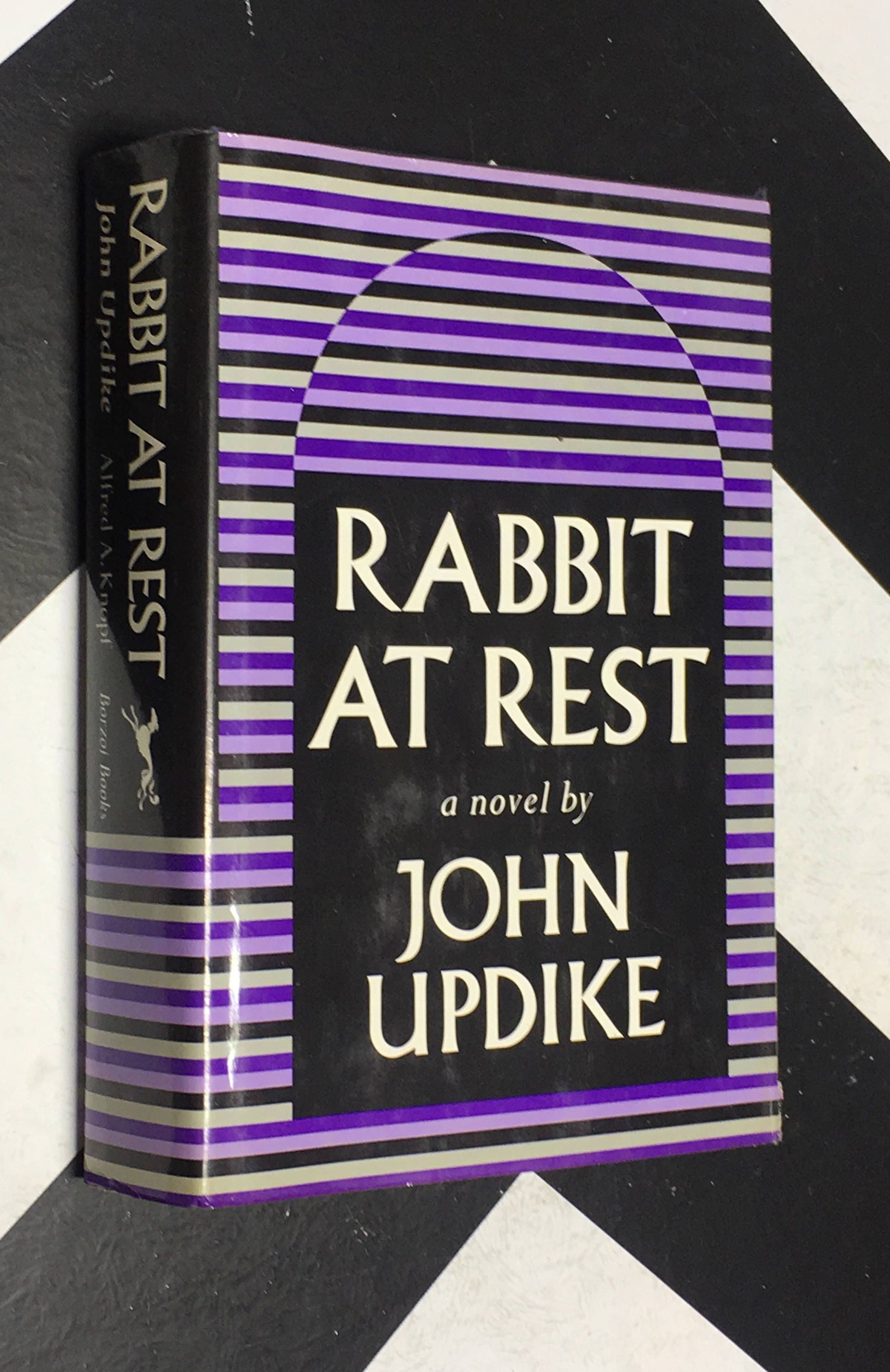


For example: in Rabbit, Redux, when Harry's father-in-law informs him that his wife Janice is having an affair, where a lesser novelist would simply make their central character's reaction angry or jealous, Updike tells us that "a hopeful coldness inside him grows…the news isn't all in: a new combination might break it open, this stale peace. And character, in Updike, is always complex. But that focus on the prose tends towards an idea of Updike as a purveyor of beauty without substance, whereas in fact, his writing, however lyrical, is always at the service of character. You see a lot of adjectives attached to descriptions of Updike's prose – shimmering, burnished, that kind of thing – and indeed, he is the greatest stylist in American literature, greater even than Faulkner or Fitzgerald. The third novel, Rabbit is Rich, was published in 1981 and won Updike. This was followed by Rabbit Redux in 1971. When people talk about Updike, they tend to mention first off, the prose. Licks Of Love: Short Stories And A Sequel, Rabbit Remembered Book. The first, Rabbit, Run was published in 1960. When I found out that there were two prequels to that book, I was simultaeneously dismayed – like someone who realises he has somewhat spoiled Back To The Future's 1 and 2 by watching 3 first – and excited, because it meant there was so much more yet to read. But I didn't know that when, in WH Smith in Brent Cross circa 1988, I picked up Is Rich, read one sentence and thought "well obviously I'm buying this".

It's four books – four and a half, if you include the late novella, Rabbit Remembered – each one written at the end of a decade, between 19: Rabbit, Run, Rabbit Redux, Rabbit Is Rich and Rabbit At Rest.


 0 kommentar(er)
0 kommentar(er)
